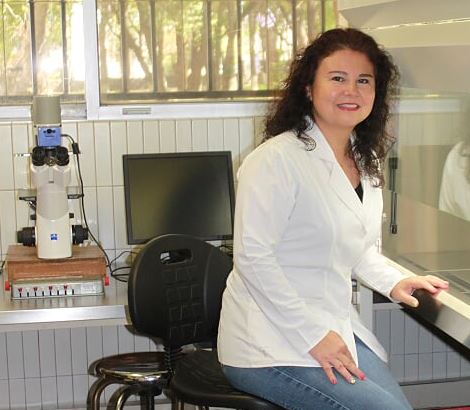
In Oncology, the resistance of the cancerous cells to chemotherapy continues to be the principal limitation. The nuclear factor-kappa B (NF-κB) transcription factor plays an important role in tumor escape and resistance to chemotherapy and this factor regulates several pathways that promote tumor survival including some antiapoptotic proteins such as Bcl-2 and Bcl-XL. In this study, we investigated, in U937 human leukemia cells, the effects of PTX and the MG132 proteasome inhibitor, drugs that can disrupt the NF-κB pathway. For this, we evaluated viability, apoptosis, cell cycle, caspases-3, -8, -9, cytochrome c release, mitochondrial membrane potential loss, p65 phosphorylation, and the modification in the expression of pro- and antiapoptotic genes, and the Bcl-2 and Bcl-XL antiapoptotic proteins. The two drugs affect the viability of the leukemia cells in a time-dependent manner. The greatest percentage of apoptosis was obtained with a combination of the drugs; likewise, PTX and MG132 induce G1 phase cell cycle arrest and cleavage of caspases -3,-8, -9 and cytochrome c release and mitochondrial membrane potential loss in U937 human leukemia cells. In these cells, PTX and the MG132 proteasome inhibitor decrease p65 (NF-κB subunit) phosphorylation and the antiapoptotic proteins Bcl-2 and Bcl-XL. We also observed, with a combination of these drugs overexpression of a group of the proapoptotic genes BAX, DIABLO, and FAS while the genes BCL-XL, MCL-1, survivin, IκB, and P65 were downregulated. The two drugs used induce apoptosis per se, this cytotoxicity was greater with combination of both drugs. These observations are related with the caspases -9, -3 cleavage and G1 phase cell cycle arrest, and a decrease in p65 phosphorylation and Bcl-2 and Bcl-XL proteins. As well as this combination of drugs promotes the upregulation of the proapoptotic genes and downregulation of antiapoptotic genes. These observations strongly confirm antileukemic potential.











